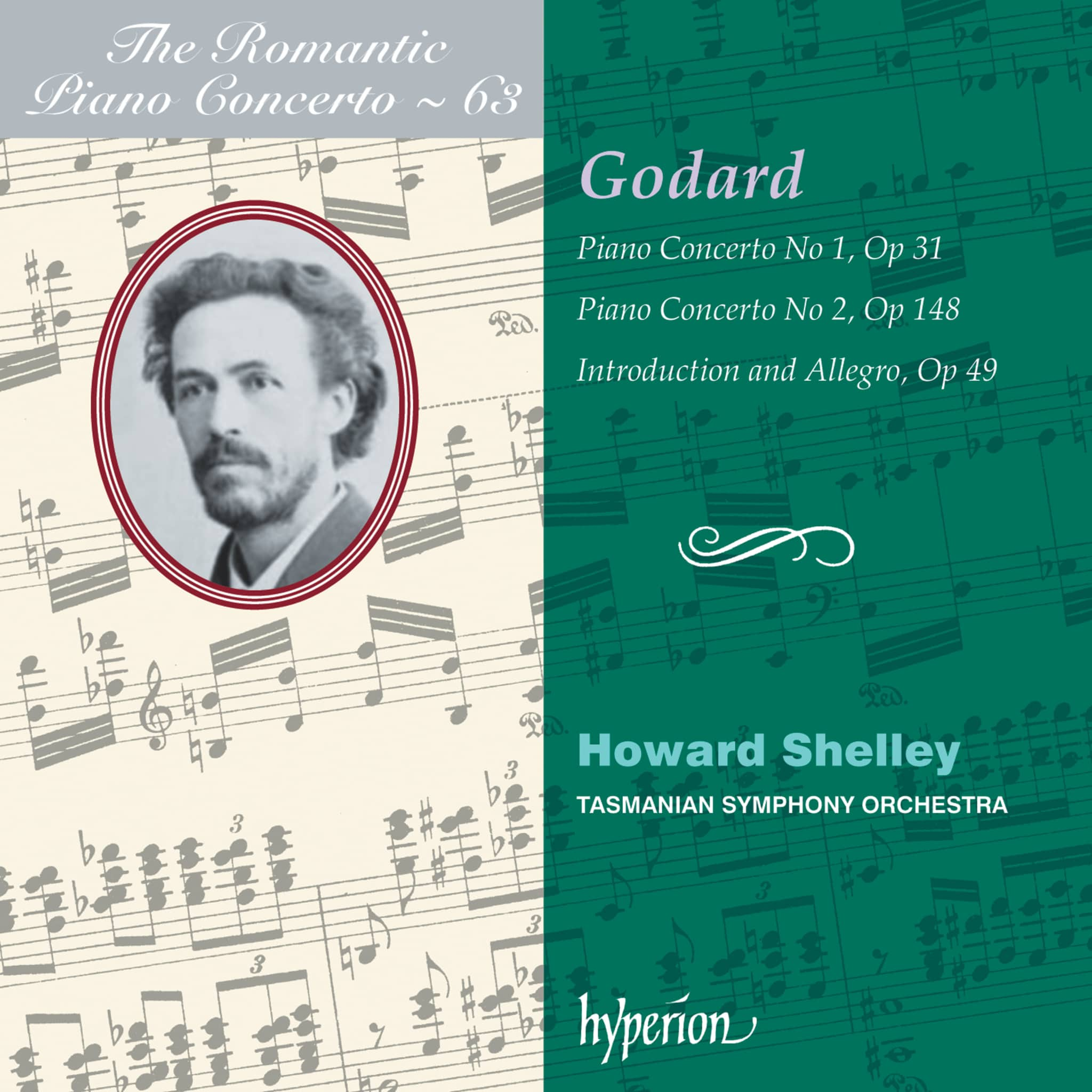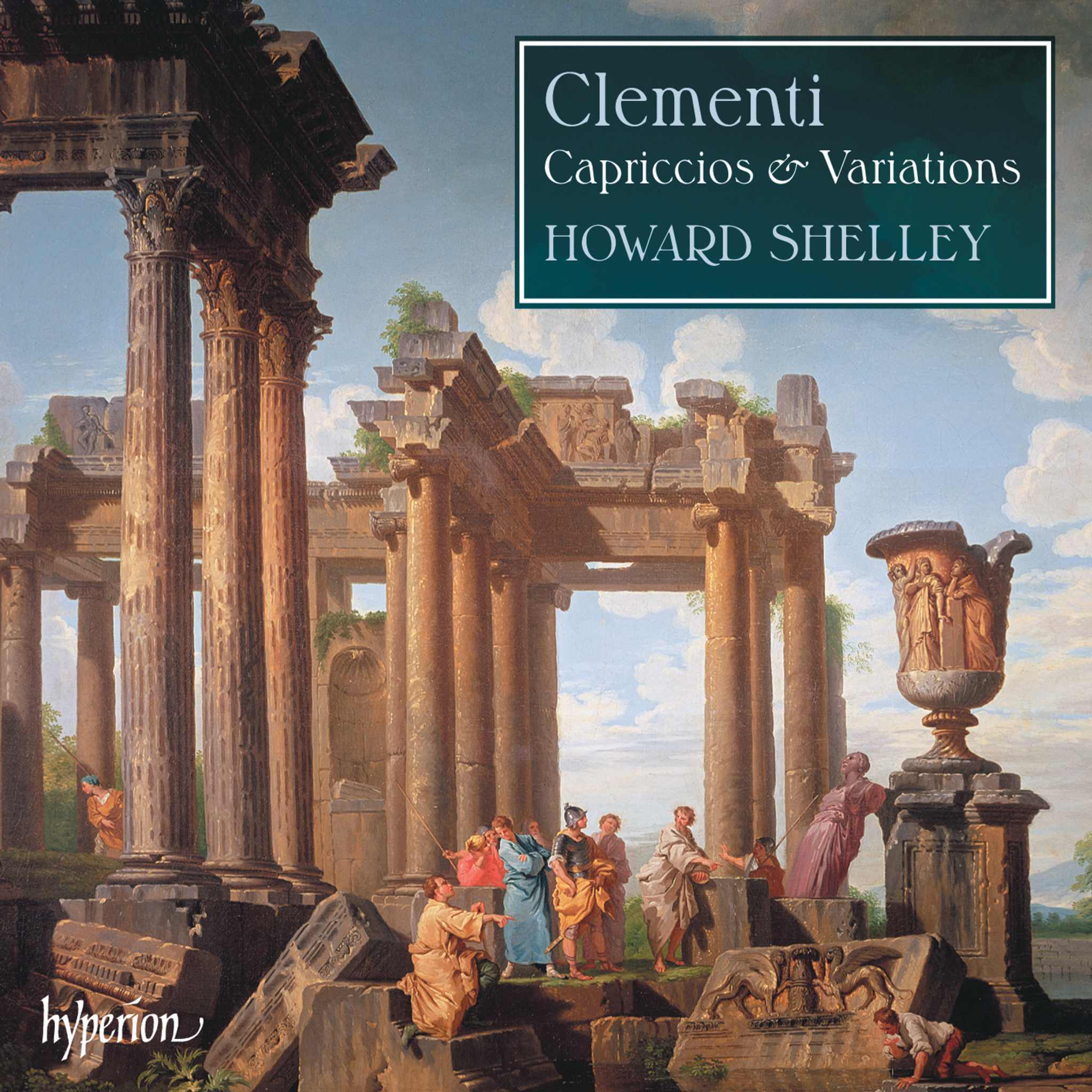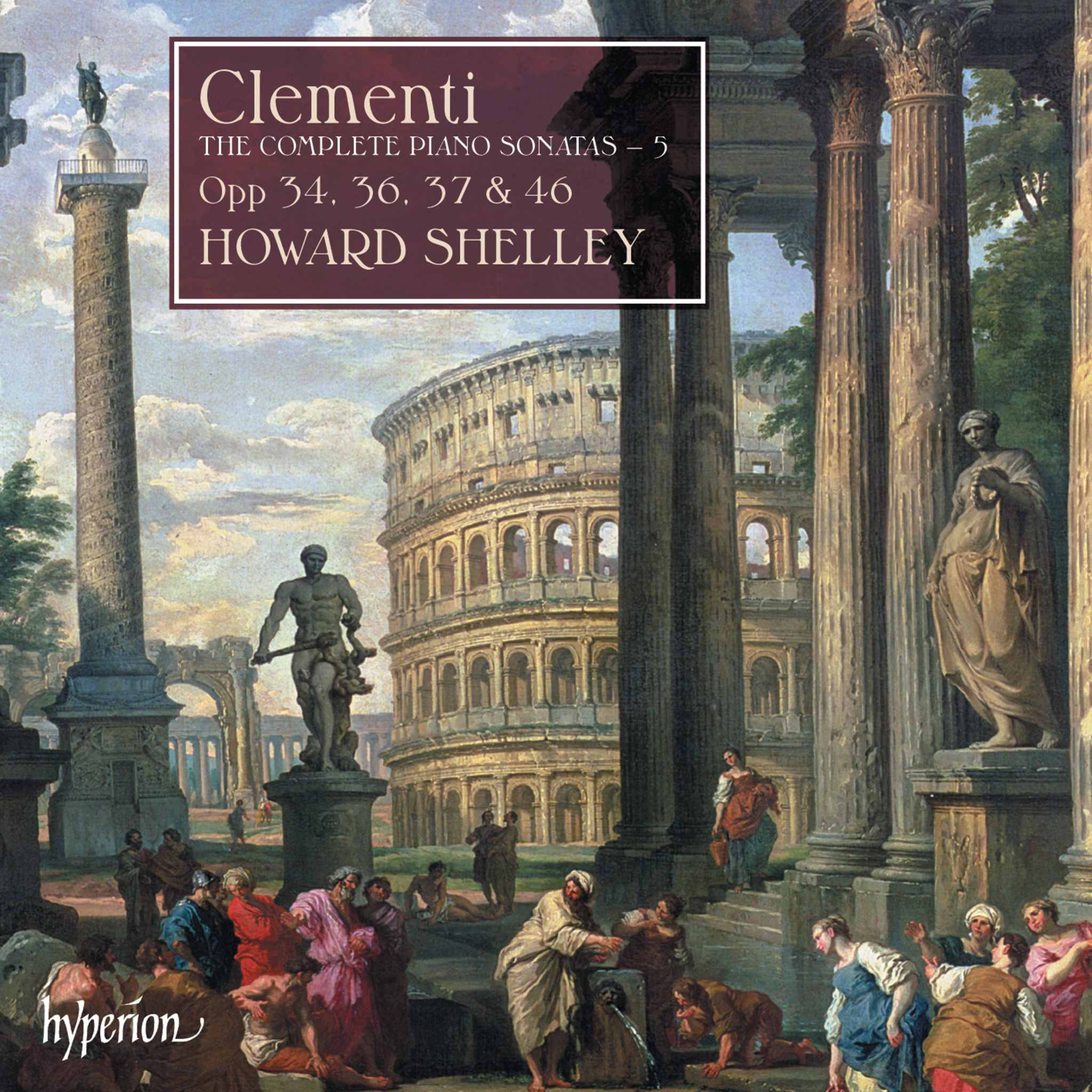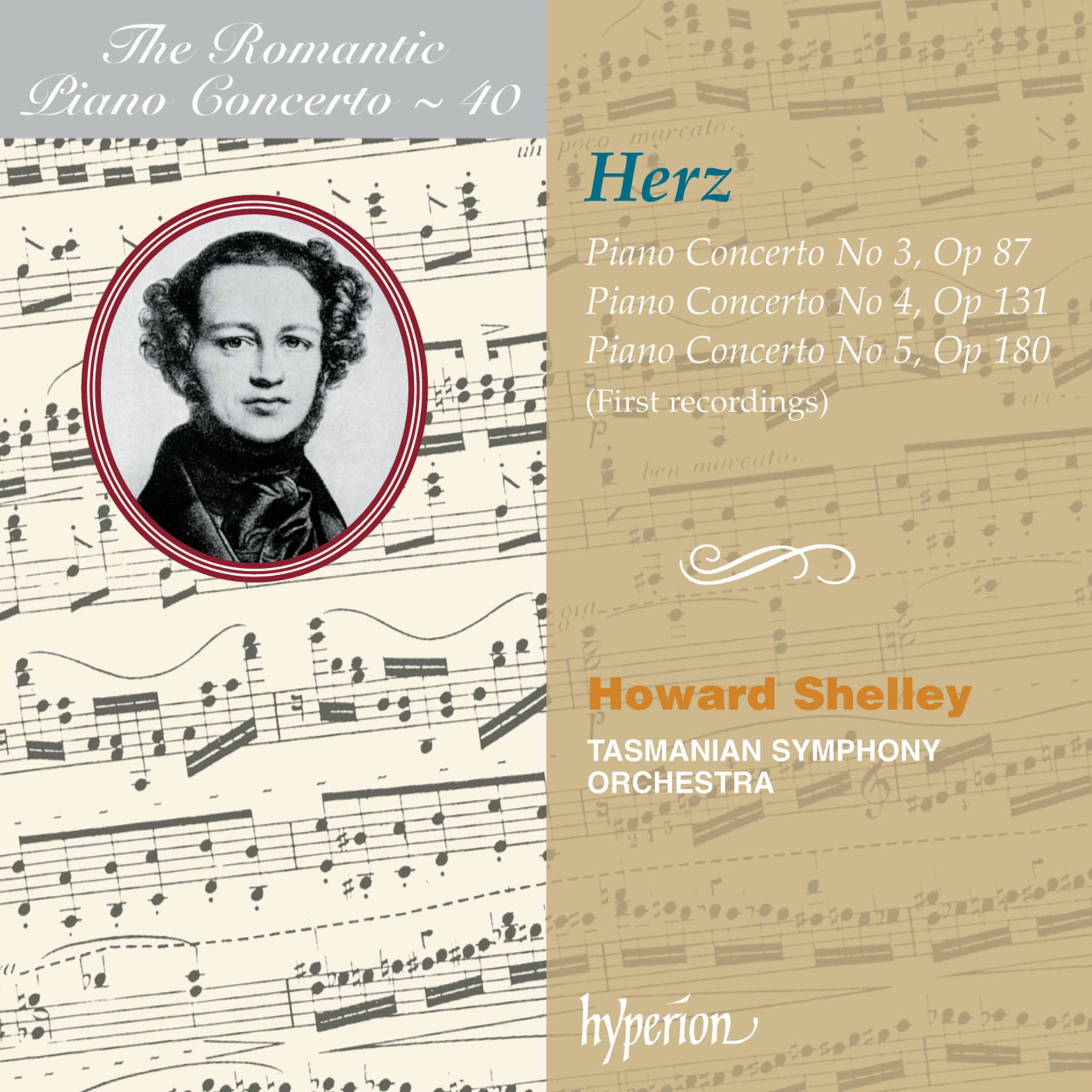Clara Schumann's life and work were extraordinarily impressive. As one of the most celebrated German women of the 19th century, she juggled family obligations with her demanding career as a traveling virtuoso. Although she is primarily known today as the wife of the brilliant composer Robert Schumann, she herself was in the spotlight in her time. Despite numerous personal disappointments and devastating blows of fate, she persevered in asserting herself in a competitive world.
Born in Leipzig on September 13, 1819, and dying in Frankfurt am Main on May 20, 1896, this artist was not only an accomplished pianist but also an independent composer and a sought-after teacher. In 1878, she was appointed "First Piano Teacher" at the newly founded Dr. Hoch's Conservatory in Frankfurt, where she taught in her apartment at Myliusstrasse 32. In addition to her teaching activities, she dedicated herself to editing the compositions of her husband, Robert Schumann, and promoted their publication by the music publisher Breitkopf & Härtel.
Clara Schumann gave her last concert on March 12, 1891, at the age of 71. In the following years, she suffered from a "head ailment" that gradually led to hearing loss. In a letter dated January 23, 1893, to Elisabeth Werner, she described her situation: "[T]he head ailment is always the same, but fortunately it recedes when I'm playing and teaching, so that I can do both regularly again. [...] I still have all my mental strength and finger strength; technique poses no difficulties for me at all, but my nerves are failing me, and that is a terrible ordeal [...]." Since the 1980s, Clara Schumann scholarship has painted a new picture of this remarkable personality, who managed to lead a family and a significant career simultaneously.











